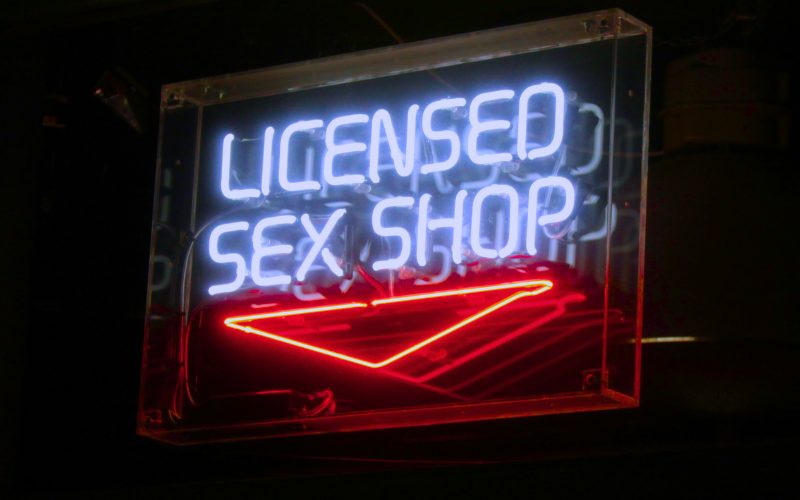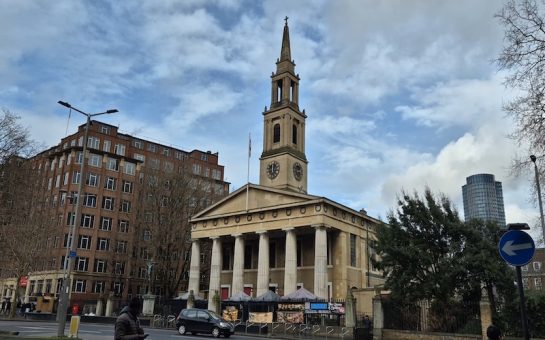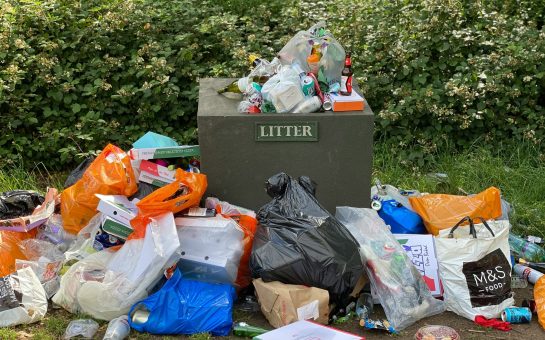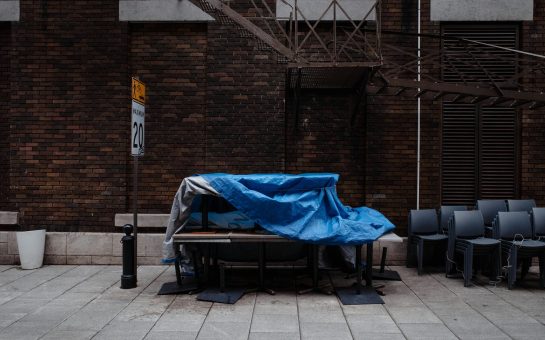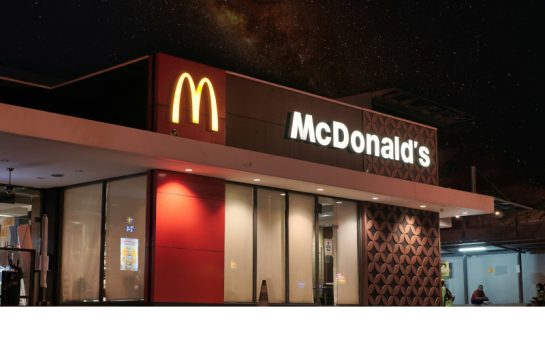The London Borough of Westminster is home to 25 licensed sex establishments, more than all other boroughs in the city combined.
Westminster Council has granted more than half of the active sex establishment licences across London, including permits for 11 of the city’s 16 authorised sex shops – more than two-thirds.
Local authority powers to licence sex establishments are granted under the Local Government (Miscellaneous Provisions) Act 1982.
The Act separates premises into three general categories, sex shops, sex cinemas and sexual entertainment venues, such as strip clubs, and all must be appropriately licensed.
Freedom of Information requests submitted to all London councils revealed more than three-quarters of the sex establishment licences currently issued in the capital are for premises located in Central London.
The vast majority of the licences issued in Central London were approved by Westminster Council.
Before relocating to Westmister in 2018, sex shop Regulation operated in Islington without a council licence as the shop had started trading before licensing was introduced.
Regulation, which specialises in the retail of latex clothing, leather garments and gay sex toys, moved from Islington as its premises were due to be redeveloped.
Director of the business Peter Cooke explained: “Had we wished to stay in the borough, that would have been impossible because the council had a nil policy for new establishments.
“Our next focus was Soho because it has a history of LGBT presence and it’s a central location as well.”
Westminster MP Nickie Aiken also suggested Soho, located within the Westminster locality, is the reason behind the high number of licences issued as the area has historical ties to the sex industry.
Another part of the reason why Westminster may be an outlier, Cooke suggests, is outdated views on sex shops.
Speaking on Regulation’s experience of the licensing system, Cooke added: “The view of the licensing mechanism in the councils is generally if we have a sex shop then crime will flourish, that sort of 1980’s style of thinking.
“I would note that Westminster definitely were not like that, they were quite willing to be more open and progressive and could see beyond just a sex shop.
“We sell some pretty bizarre things, but it’s more discreetly done and our customers are wonderful people.”
Central London comprises just 8% of London’s inland space, but over 75% of the active sex establishment licences.
Similarly, central London is the second least populated area of the city, with approximately 1.4 million residents and roughly one sex establishment licence granted for every 40,000 people.
In Westminster, one licence is granted for every 8,000 people.
One issue that has arisen for sex shops as a result of Westminster having a near monopoly is cost.
The total annual cost of a new sex shop licence in Westminster is £4,794, and the cost of a licence renewal is £3,264.
Comparably, the annual cost for a dangerous animal pet licence under the same authority is £1,230, nearly a quarter of the price.
The council reviews the cost of licensing annually and the current charges for a new sex shop licence reflect an increase of 6.79% on the 2023 rate, a £305 difference.
Cooke noted: “If you’re a small business owner and you want to start a new business, that would be quite a large cost.”
Despite the high costs, Regulation remains committed to maintaining their Soho store alongside their online retail site.
Cooke added he likely wouldn’t want to be in the trade if the business was purely online, adding that in-person shopping experiences can be more enriching.
He explained: “The idea that you can go in, you can try stuff on and speak to someone who is sympathetic and validates what you’re into and what you like – isn’t that just part of living?
“We can go online and do our shopping if we want to, but if we have the option to offer it, I’m passionate about being able to offer that in-person experience.”
Westminster Council had previously charged up to £29,102 in fees for sex establishment licences.
However, the authority’s fees were found to be unlawful in a landmark 2015 Supreme Court case pioneered by sex shop owners in the Soho area.
The case ruled licensed sex shop operators should not be liable for the costs involved in enforcement action against unlicensed businesses and fees were subsequently reviewed and reduced.
The European Services Directive, which came into force in 2009, had previously outlined that licence fees must not exceed the cost of the authorisation procedures.
The number of sex establishments licenced in Westminster is unlikely to increase as the council has set a maximum number of 25 licences which can be issued at any one time.
The number is decided upon at the discretion of the council and is the amount the authority deems appropriate for the locality.
Featured image credit: Unsplash
